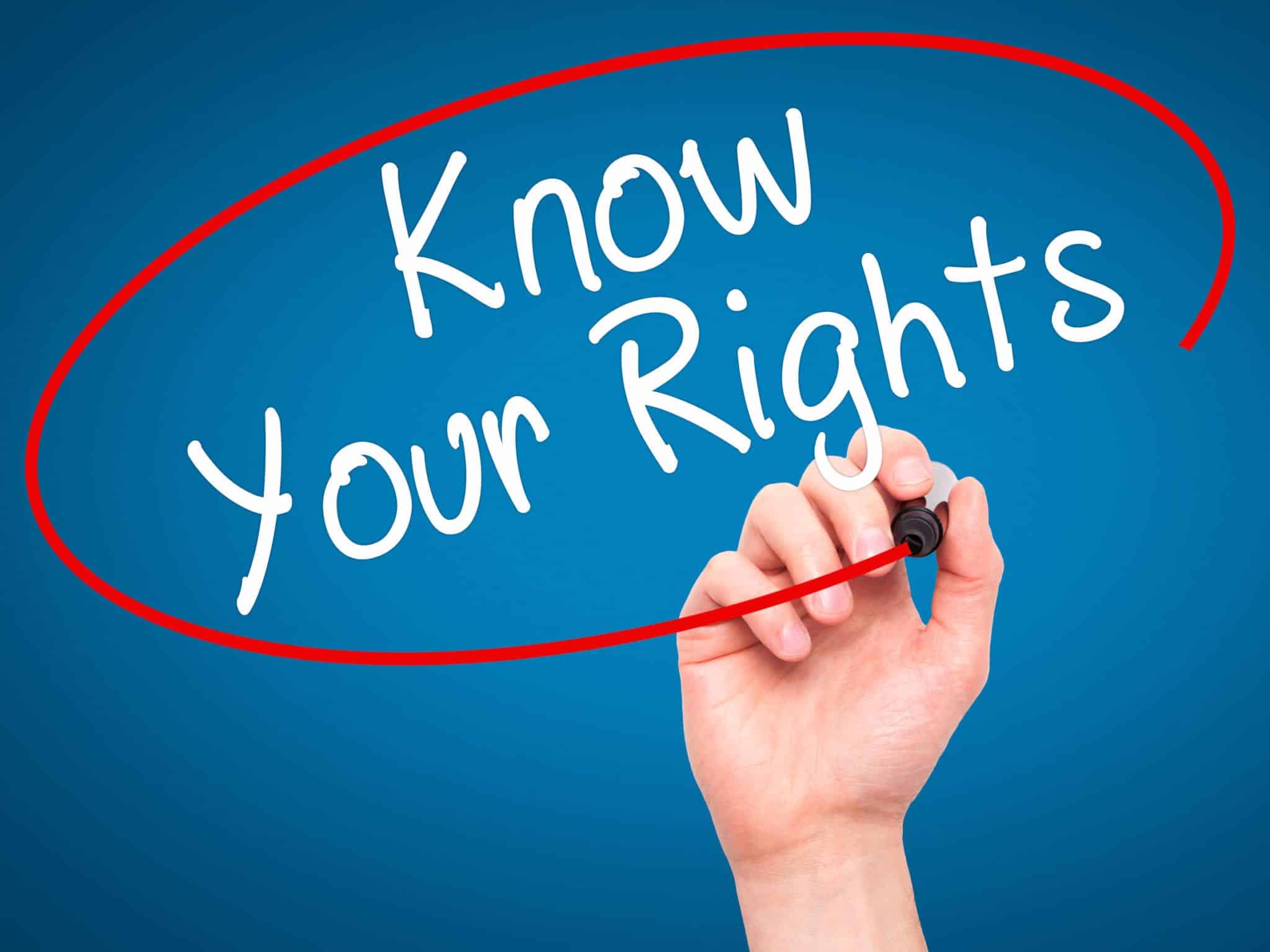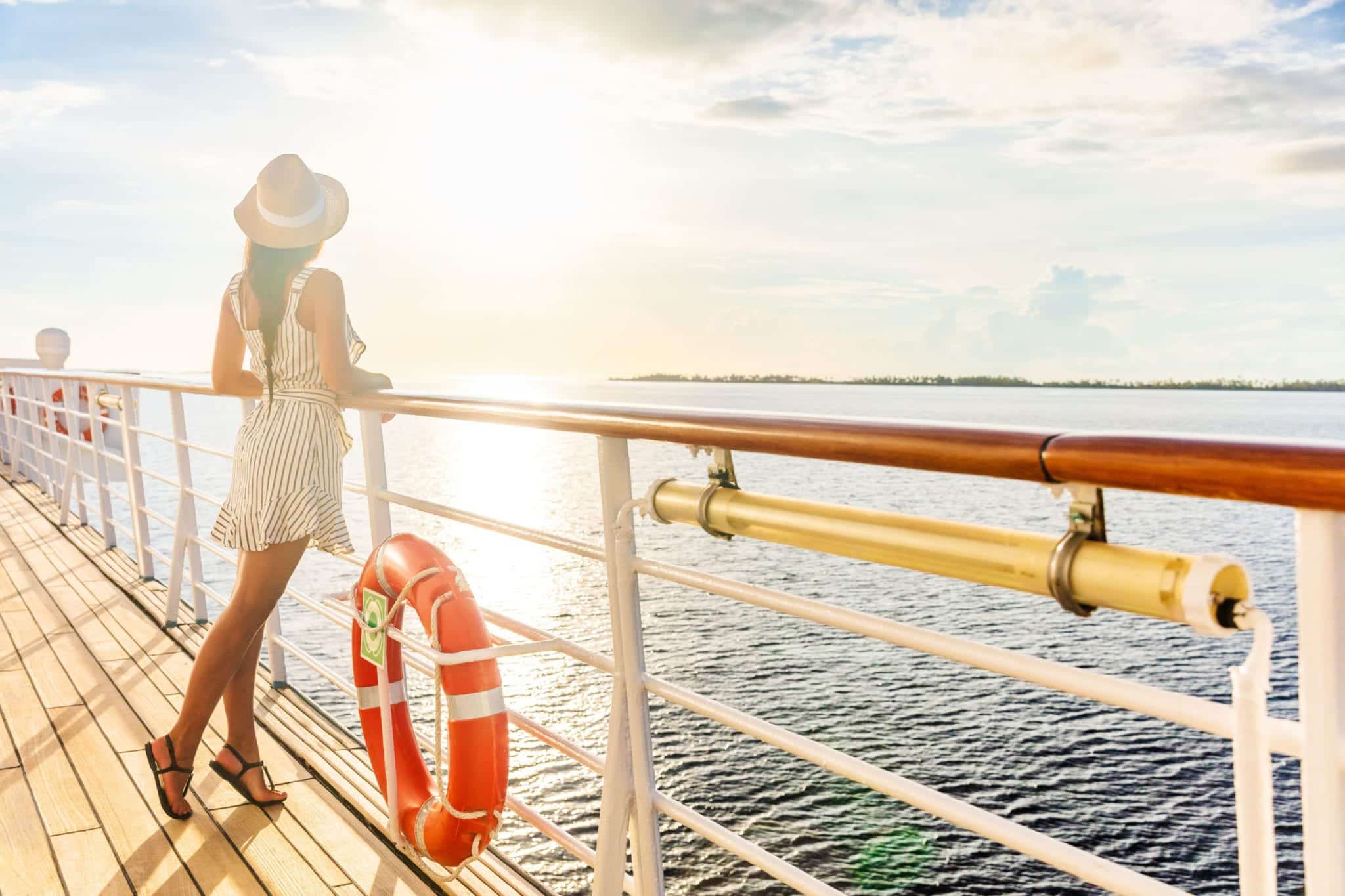Cruise lovers everywhere are rejoicing over the lifting of the Centers for Disease Control and Prevention’s (CDC) no sail order. Essentially, cruise lines are again free to resume cruising.
While this is undoubtedly good news for the industry and the workers it supports, some cruisers remain worried.
After all, the CDC isn’t declaring that COVID-19 is no longer a danger to those who go on cruises, it’s merely saying that the proper health and safety regulations paired with trial sailings makes cruises possible…in modified format.
If you’re concerned about going on a cruise due to the risk it places on your health and safety, then you’re not alone. Rest assured that choosing to cruise in a post-COVID world doesn’t mean you give up your rights to health and safety.
Here is what you need to know about cruising with COVID and a checklist to help you understand your rights.
The CDC Conditions for Cruising
The CDC has provided a framework for cruise lines to provide a safe environment in the midst of a pandemic for everyone aboard the ship, both passengers and staff.
The requirements in place are quite complicated, but they make clear a few of the things that will be necessary to return to cruising, including testing protocols, public health and port agreements, and other operational requirements like simulated voyages.
Testing
The CDC requires cruise ships to test all of their crew for COVID through an approved laboratory. Any crew that may embark in the future will be required to get a test on the day of embarkation and then quarantine for 14 days. From the first test on, crew members will be required to get tested every week and report their results to the CDC to remain in compliance.
Cruise lines must also test passengers at embarkation and disembarkation. Any passenger who does not have a negative test result will not be allowed on the ship until they do. Those who test positive while aboard will not be let off the ship until they test negative as well.
The ship must also have the capacity to test people on the cruise, both passengers and crew, who may develop symptoms while onboard. Anyone who tests positive while onboard the ship must then be reported to the CDC.
Public Health and Port Agreements

Prior to applying to the CDC for a Conditional Sailing Certificate (the only way to cruise during this COVID pandemic), cruise lines must have an agreement in place with both port and local health authorities where they intend to dock.
This includes any agreements concerning the following:
- Medical care through local healthcare entities
- housing for the isolation of any positive cases
- agreements with port authorities to determine how many ships are safely accommodated in port each day as not to overwhelm local public health resources
Simulated Voyages
In order for a cruise line to get a Conditional Sailing Certificate through the CDC, they must have a few things in place first, including simulated voyages. During a simulated voyage, each ship must apply at least one month in advance for a simulated voyage.
The point of doing this is to show that they have the ability to mitigate the risks of the virus to those onboard. Passengers volunteer for these simulated voyages must include:
- Embarkation and disembarkation
- Onboard activities
- Private island excursions
- Evacuations
- Transfer of symptomatic or positive patients from a cabin to isolation
- Quarantine for all passengers and crew
How to Protect Yourself
The cruise lines are doing what they need to do in order to be operational again, but there are still ways that passengers can work to keep themselves safe. You should:
- Research the safety and security information, including COVID risk, for any countries you plan to visit during your cruise
- Plan for a crisis by making an evacuation plan without the help of the United States government and make sure to have a family member or friend at home you can contact in case a crisis occurs when you’re cruising
- Take health precautions such as wearing a mask, washing hands frequently, and observing at least six feet between you and people not in your party
- Notify your bank and credit card companies that you plan to travel to ensure your cards are not frozen for suspect purchases when you’re out of the country

Traveling aboard a cruise ship may be closer than you think and that’s something to be excited about. Just remember that cruising is likely to look different for quite some time and that you will need to take extra precautions to keep yourself and those around you safe.
About the Author:
Andrew Winston is a partner at the personal injury law firm of Winston Law. For over 20 years, he has successfully represented countless people in all kinds of personal injury cases, with a particular focus on child injury, legal malpractice, and premises liability. He has been recognized for excellence in the representation of injured clients by admission to the Million Dollar Advocates Forum and named one of America’s Top 100 High-Stakes Litigators. Mr. Winston is AV Preeminent Rated by the Martindale-Hubbell Law Directory, enjoys a 10.0 rating by AVVO as a Top Personal Injury Attorney, has been selected as a Florida “SuperLawyer” from 2011-2020 – an honor reserved for the top 5% of lawyers in the state – was voted to Florida Trend’s ”Legal Elite,” recognized by Expertise as one of the 20 Best Fort Lauderdale personal injury attorneys, named one of the Top 100 Lawyers in the Miami area for 2015-2017, and one of the Top 100 Lawyers in Florida for 2015-2017 and 2019.






